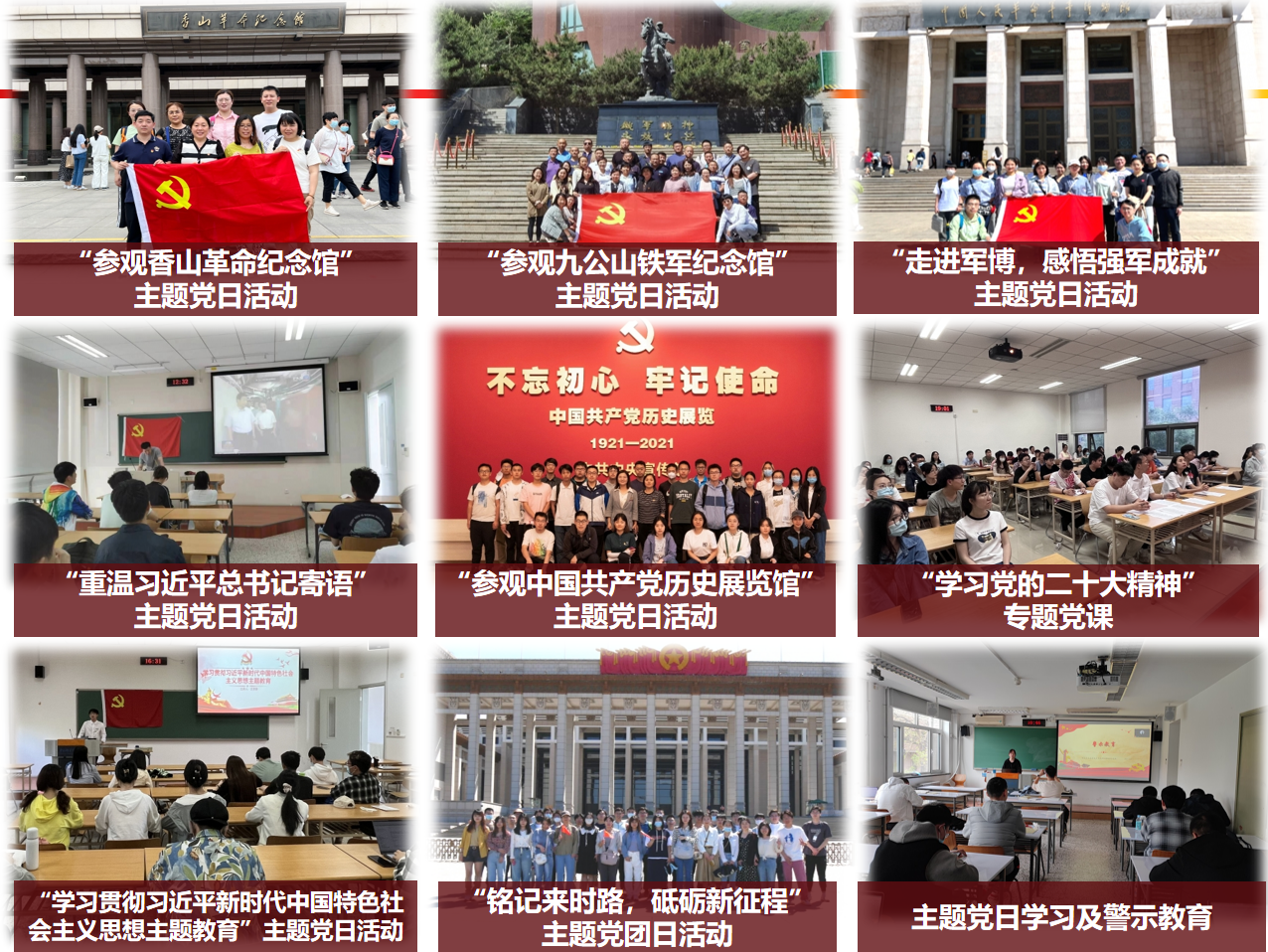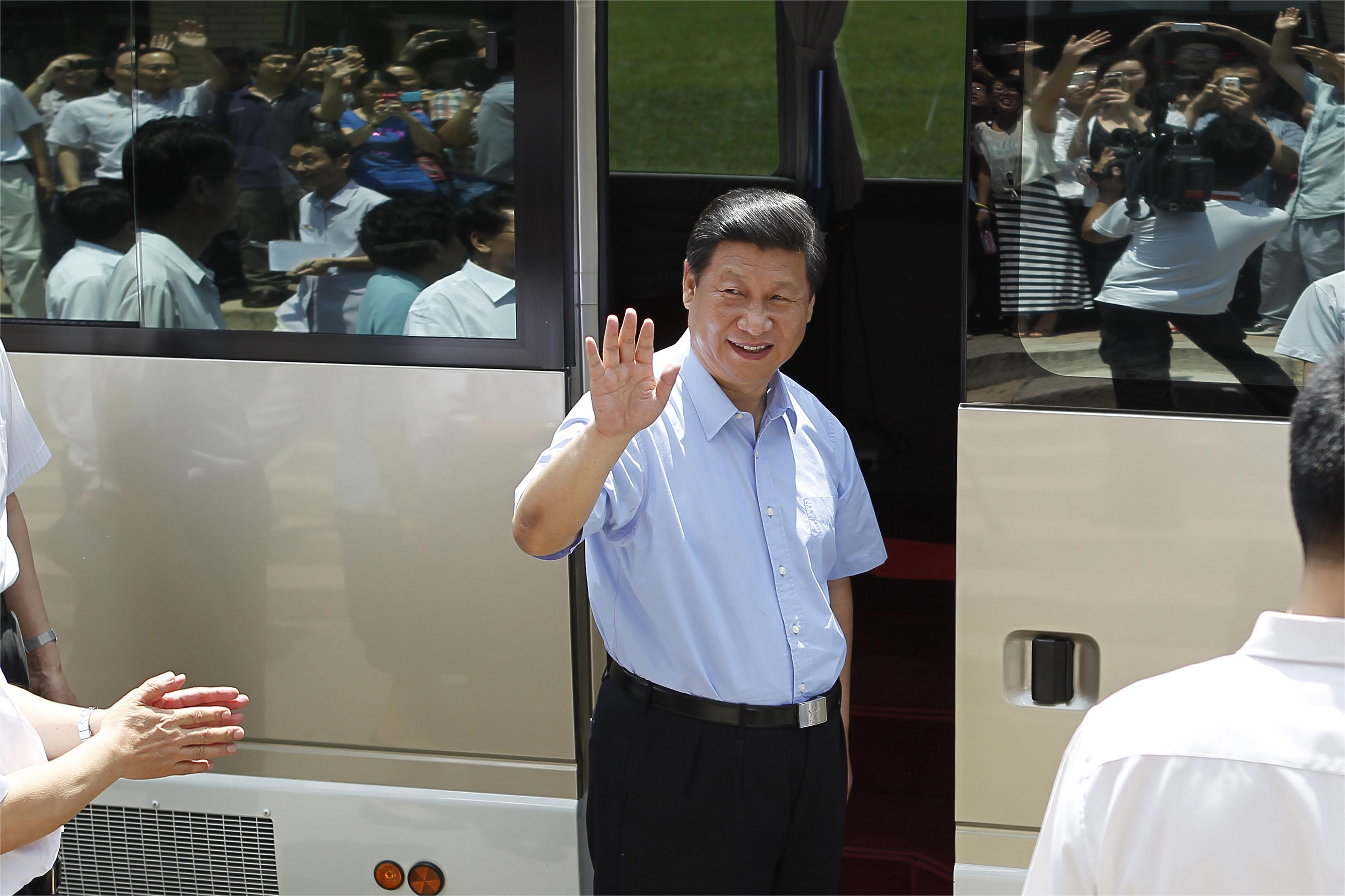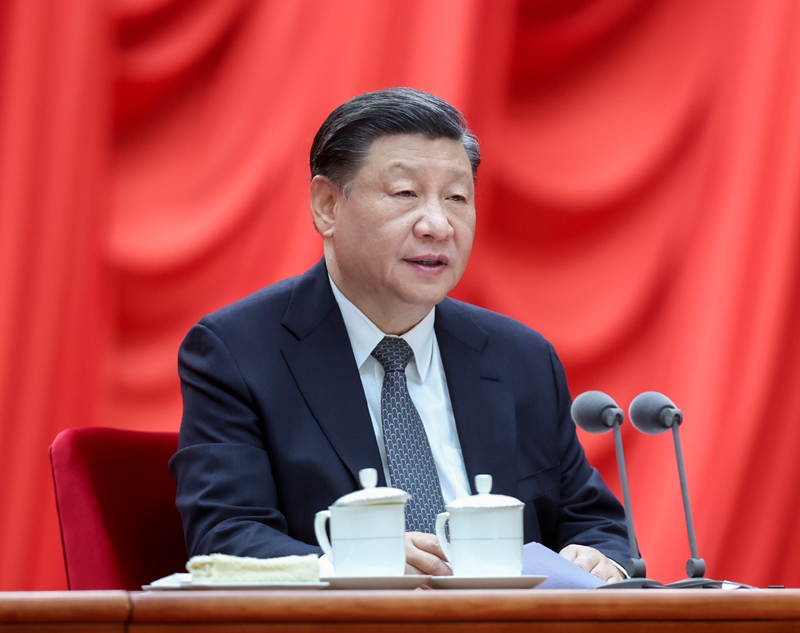China to drive economic growth by integrating military and civilian technology
2017年08月29日
作者:西安光机所 (中国科学院西安光学精密机械研究所)
来源:蔡宁宁


以下是央视英文频道nba赌注平台|官网-app下载:西安光机所军民融合及诺维北斗的报道
By CGTN's Liu Yang, Luo Caiwen
The development of military technology has long been a major driving force of innovation that has also created high-tech products for civilian use.
Two years ago, Chinese President Xi Jinping launched a national strategy urging government departments and military authorities to make all-out efforts to boost civil-military integration.
Wang Beibei founded the company Navi Beidou 14 years ago, which participated in the research and development of the Beidou Navigation Satellite System (BDS). She said that the combination of BDS and the policy of integrating military and civilian development has given the company a huge boost. China's version of GPS technology, the application of BDS ranges from military targeting, civilian communications and transportation, forest fire prevention and disaster forecasting.
"We believe Beidou technology's development presents an excellent sunrise industry. It will be applied in the military firstly, as military projects can sustain much longer periods of research and development than civilian projects. Our products focus on two areas, one is military and the other integrates the Beidou Navigation Satellite System, remote sensing satellites and communication satellites to form a satellite application center,” said Wang. She pointed out that 70 percent of BDS's products are for the military. Others are used in the fields of power grid technology, water conservation and mobile communications, and even products developed for children.
"The new ideas when we develop civilian products are exactly what the military needs. For instance, we have given our technology for handling high temperatures in underground navigation and measuring equipment to the military, and our technology has made the technology stable and reliable," said Liu Shaobo, the Chief Engineer of the Xi’an Sino Huaxin Measurement & Control.
In March this year, during China's annual parliamentary sessions, Chinese President Xi Jinping called for deepening integration between the military and ordinary civilians, highlighting the need for innovation in science and technology to boost the country's military might. He called for strategic planning and top-level design, and emphasized that institutional barriers needed to be removed to implement policies conducive to meeting these goals.
Under these circumstances, the Xi’an Institute of Optics and Precision Mechanics has started to make products for military use that are now being applied to the medical industry and communications technology.
Qin Zhanyang, the manager of the Shaanxi Military-Civilian Merging Innovation Institute, said that more investment will pour into civil-military development over the next 5 years.
“That is why we say military "marketization" and civilian integration are important, which could benefit everyone involved. In the past, the rate of return was too low to attract investors because the R&D cycle is so long and the threshold is so high. The civil-military integration policy can attract much more capital into the field."
The capital market is optimistic about the impact of civil-military integration. Experts point out that the military industry can become a major impetus for China's technological innovation and a leading force for its economic growth.








